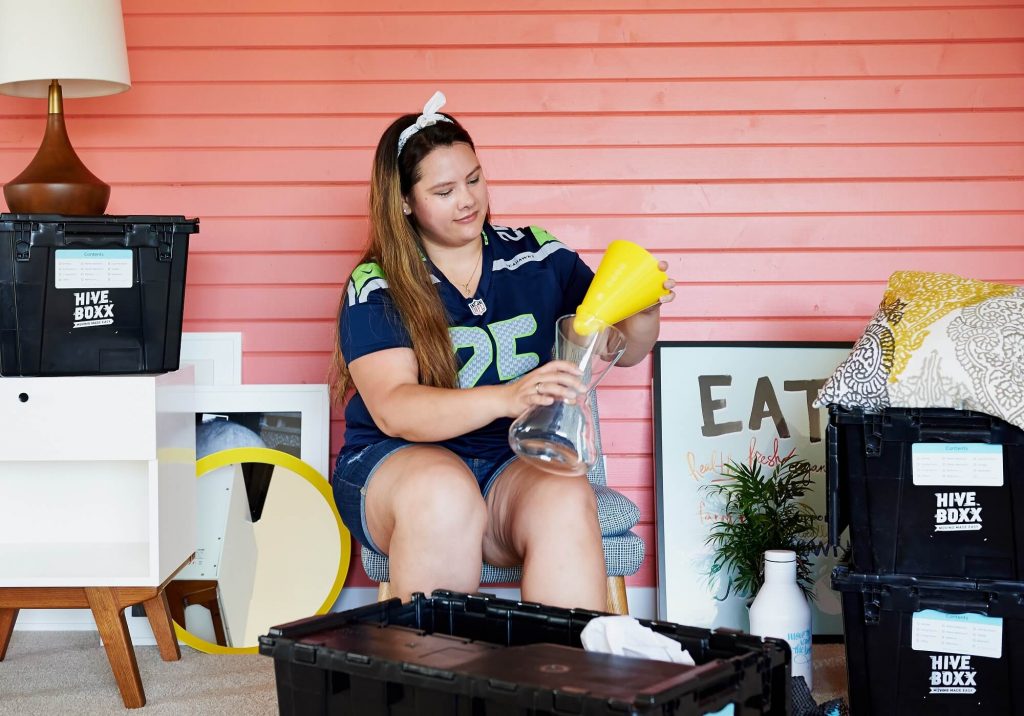Nobody expected this whole mess.
It all started from a seemingly harmless exchange of goods at a Wuhan market back in December 2019. From a no-named illness that people mistook for an ordinary cold, COVID-19 has evolved into a frightening pandemic that’s taken over.
With more than a million people dead, COVID-19 is no laughing matter. The trauma and scare it brings have significantly affected daily life. Education, work, entertainment, and recreation are restricted, if not completely frozen in many parts of the world.
But if you think that lockdowns and quarantines have shut down relocation and migration, then you’re wrong. In fact, USPS has noted a 4% increase in address change requests in 2020 compared to 2019.
In light of this, here are the top cities people are moving to in these troubled times.
Which City Experienced the Most Moves?
New York City has the highest number of moves and has experienced a significant population shift as people have moved out of the city in recent months.
Viewed as a hub for trade and entertainment, New York City’s population has always been dense, making social distancing difficult to practice. After becoming an epicenter of the pandemic, it’s only understandable that people are fleeing the area.
Top Cities People Are Moving To
To escape the virus’s threats and take advantage of working from home in a cheaper area, many people are moving to less populated areas with lower living costs. These cities are some of the most popular cities among people relocating:
Raleigh, NC
North Carolina’s capital continues to overflow with positivity and energy despite the country’s grave situation. The booming tech industry attracts a lot of migrants looking to work within the comfort of their homes. Couple that with the affordable cost of living (30% lower than the national average), and you’ll understand why Raleigh is on the rise.

Austin, TX
Despite Texas having the highest number of COVID cases, Austin has implemented strict protocols that have managed to minimize and control the number of infections. In addition to a thriving tech industry, a progressive culture, and a moderate climate, Austin residents enjoy living in a no-income tax state. These cheap movers in Austin say they’ve been flooded with requests for moving quotes, especially for cross-country moves from New York and California, two of the most popular states for Austin transplants.

Bloomington, IN
The college-town vibes and ample recreation opportunities made Bloomington an attractive place to call home before the outbreak started. On top of that, the median home cost is 17% lower than Illinois’s average and 77.8% of Bloomington households spend less than 30% of their income on housing. Now Bloomington is experiencing an influx of newcomers who are coming to take advantage of the perks of living in this small city.

Jersey City, NJ
Jersey City has become a favorite spot for people moving out of New York City who can’t afford to move far away. The local government has made it mandatory to have incoming individuals tested and quarantined first before letting them in to ensure residents’ health and safety. Once you’re approved to live in Jersey City, you can look forward to lower housing costs and a thriving arts and culture scene, just a short commute from Manhattan (if your office ever reopens!).

Portland, OR
Though Portland has been particularly stern when it comes to precautionary measures and control methods, the city still offers access to the great outdoors. From nearby Mount Hood to the Columbia River Gorge, there are plenty of places to breathe fresh COVID-free air. Join the thousands of COVID refugees flocking to this hipster-friendly city in the Pacific Northwest.

Seattle Metro Area
Honestly, it’s difficult to recommend a major city since such places are often a hotspot for COVID-19 cases. But Seattle is an exception. Thanks to the effective healthcare measures, the local government has managed to keep the COVID death count to only 6,500. On top of this reassuring statistic, Emerald City’s robust economy offers plenty of job opportunities. It’s not a surprise why many flocks to the metro during these tough times. And if you find the city proper to be too expensive, you have various options nearby. Everett, in particular, located 30-minutes north of Seattle, provides a perfect balance between affordable living, recreation, and big-city amenities. If you ever plan to call it home, check out this list of the best neighborhoods for moving to Everett WA.

Why Are People Moving During The Pandemic?
Now that you know where people are moving, it’s time to understand why.
According to a study published in June by a Pew Research Center, many factors that drive people to relocate are connected to the pandemic.
After surveying almost 10,000 U.S adults, this is the information they’ve gathered so far:
- 28% say the reason they moved is to reduce their risk of contracting the virus.
- Another 23% say it was because their college campus closed.
- 20% say they wanted to come home and be with their family.
- An additional 18% say that their driving factor was financial – either job loss (8%) or other money-related reasons (10%).
- The remaining 9% didn’t respond to the options stating they had different reasons for moving.
Conclusion
In general, the people who moved didn’t necessarily relocate far away from their cities. Most are laying low in the suburbs and exurbs, waiting for the pandemic to pass. According to USPS’s data, most of the moves done in 2020 are requests for a temporary change of address. This means that many migrants are planning to return to their homes once this pandemic is over.
If you’re planning to relocate, make sure to do your research in advance regarding your potential city’s protocols.







